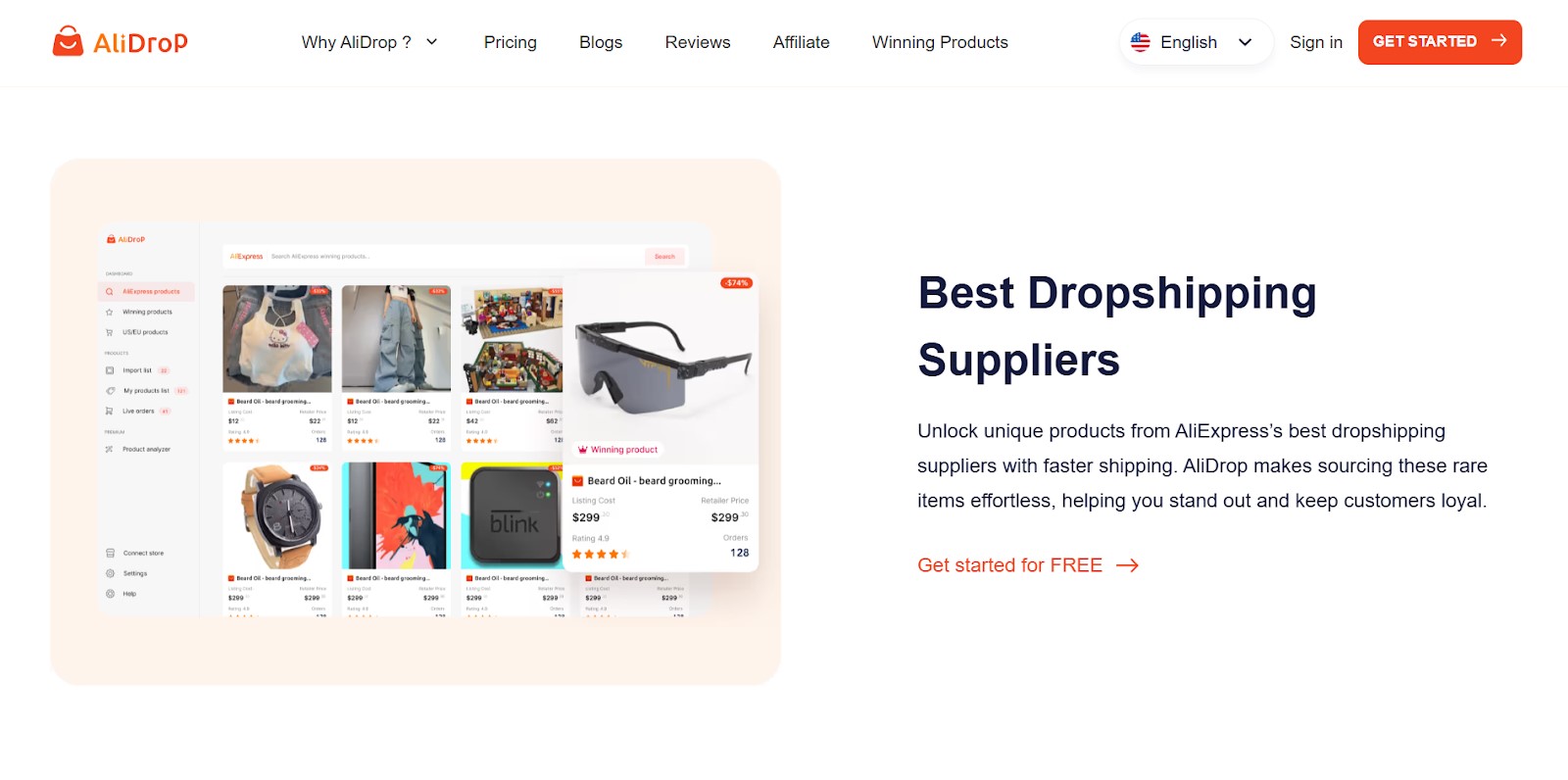Standards lenders What are the Typical Closing Costs Associated with HECM for Purchase?

Strong 8k brings an ultra-HD IPTV experience to your living room and your pocket.
The Home Equity Conversion Mortgage for Purchase (HECM for Purchase, or H4P) program allows seniors aged 62 or older to buy a new primary residence using a reverse mortgage. This innovative financing option provides an opportunity for older adults to purchase a home while preserving cash flow and minimizing monthly mortgage payments. However, just like traditional mortgage transactions, HECM for Purchase comes with a variety of closing costs. Understanding these costs is crucial for potential buyers to accurately budget for their new home purchase.
1. Origination Fee
One of the significant closing costs associated with a HECM for Purchase is the origination fee. This fee compensates the lender for processing the loan application and providing the mortgage. For HECM loans, the origination fee is typically 2% of the first $200,000 of the home’s value and 1% of any amount above that, with a cap of $6,000. It’s important to note that this fee can vary by lender, so it’s wise to shop around and compare offers.
2. Mortgage Insurance Premium (MIP)
HECM loans require mortgage insurance, which protects the lender and the borrower. The upfront mortgage insurance premium is usually 2% of the home’s appraised value or the purchase price, whichever is less. Additionally, there is an ongoing mortgage insurance premium of 0.5% charged annually, based on the average loan balance over the year. This premium is essential for ensuring that the homeowner will not owe more than the home’s value when they sell the house or the loan becomes due.
3. Closing Costs
Closing costs encompass a range of fees that may be associated with the processing and finalization of the loan. These can include:
Title Search and Title Insurance: A title search ensures there are no outstanding liens on the property, while title insurance protects against future claims to the property. These costs can range from a few hundred to a few thousand dollars, depending on the property’s value and the complexity of the title search.
Appraisal Fees: An appraisal is required to determine the fair market value of the home. This cost typically ranges from $300 to $500, depending on the property’s location and size.
Credit Report Fees: Lenders will charge for obtaining a credit report to assess the borrower’s creditworthiness. This fee is generally around $30 to $50.
Recording Fees: Local governments charge recording fees for documenting the mortgage and property transfer in public records. These fees vary by location, typically ranging from $50 to $200.
Prepaid Property Taxes and Homeowner’s Insurance: Lenders may require you to prepay a portion of property taxes and homeowner’s insurance premiums at closing. This ensures that funds are available to cover these expenses when they come due.
4. Legal Fees
Depending on the complexity of the transaction, legal fees may be incurred to draft and review documents. Although not always necessary, some buyers opt to hire an attorney to help navigate the process. Legal fees can range widely based on the attorney’s hourly rate and the services required, typically from a few hundred to several thousand dollars.
5. Home Inspection Fees
While not always mandatory, a home inspection is highly recommended when purchasing a property. This inspection assesses the home’s condition and identifies any potential issues that could lead to costly repairs in the future. Home inspection costs can vary based on the home’s size and location, typically ranging from $300 to $600.
6. Lender Fees
In addition to the origination fee, lenders may charge various fees related to processing the loan application. These can include:
Underwriting Fees: Lenders charge these fees for evaluating the risk of extending credit to the borrower. This fee typically ranges from $400 to $900.
Processing Fees: These fees cover the administrative costs associated with processing the loan. They can range from $300 to $700, depending on the lender.
7. Settlement or Closing Fee
The settlement agent or closing attorney facilitates the closing process. They handle the paperwork and ensure that all financial transactions are completed accurately. The settlement fee can range from $300 to $800, depending on the complexity of the transaction and the agent’s fees.
8. Homeowners Association (HOA) Fees
If the purchased property is part of a homeowners association, there may be associated fees, including transfer fees and dues. These costs can vary widely based on the community and its regulations. Buyers should inquire about any applicable HOA fees to avoid surprises at closing.
9. Contingency Funds
Lenders may require buyers to set aside funds for unforeseen expenses or repairs. These contingency funds serve as a buffer for unexpected costs that may arise after the purchase. It’s advisable to discuss this with the lender to understand any required amounts.
10. Potential for Additional Costs
While the above are the typical closing costs associated with HECM for Purchase, buyers should be aware that additional costs may arise. These can include:
Utilities: Buyers may need to cover utility costs for the property before it’s officially transferred.
Moving Costs: These expenses can vary significantly depending on the distance and volume of belongings to be moved.
Repairs and Upgrades: If the purchased home requires repairs or upgrades, these costs should be factored into the overall budget.
Conclusion
Understanding the typical closing costs associated with a Home Equity Conversion Mortgage for Purchase is essential for seniors considering this unique financing option. By anticipating these expenses, buyers can better prepare financially and make informed decisions about their new home purchase.
As the HECM for Purchase program continues to gain popularity, it’s important for prospective buyers to work closely with qualified lenders and real estate professionals to navigate the complexities of the process. This ensures a smooth transaction and a successful transition into a new, age-friendly living situation. By planning and budgeting for these closing costs, seniors can take advantage of the HECM for Purchase program and enjoy the benefits of homeownership without the burden of a traditional mortgage.
Note: IndiBlogHub features both user-submitted and editorial content. We do not verify third-party contributions. Read our Disclaimer and Privacy Policyfor details.







